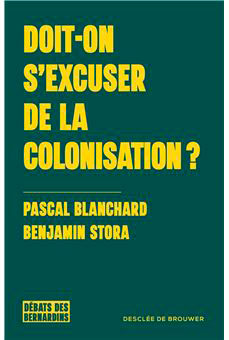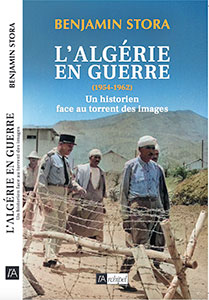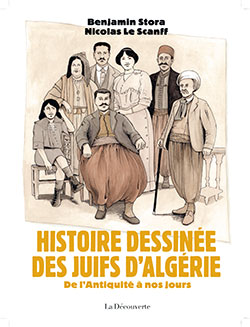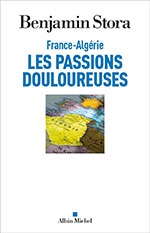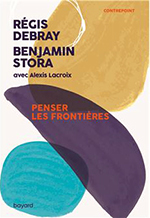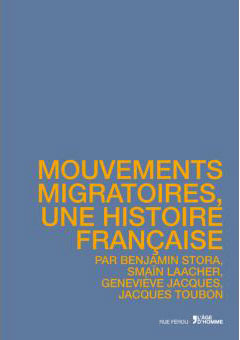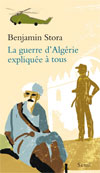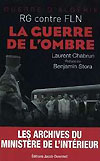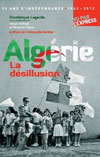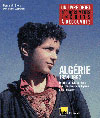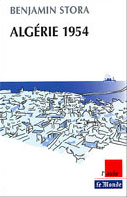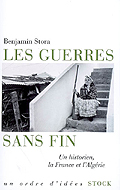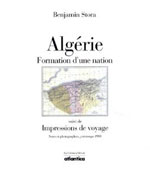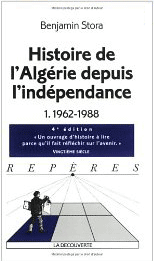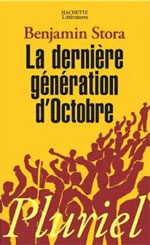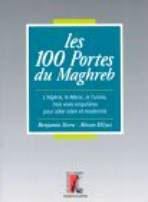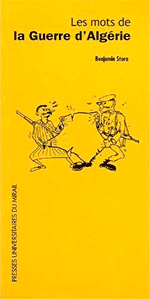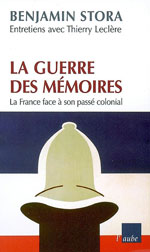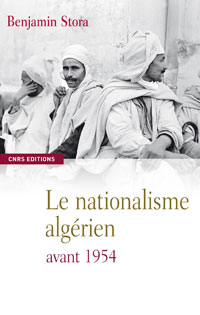By Fatéma Mernissi, 186 pages, Rabat: Marsam 2004 (in French)
The Moroccan sociologist and author Fatéma Mernissi has become famous thanks to her books on the condition of women in the Arab world, and through her activities in defense of women’s rights. Stubborn and solitary in her intellectual endeavors and impassioned by the untapped potential of Muslim women, she has produced several striking and erudite works, including Le Harem politique, Sultanes oubliées et Rêves de femmes (The Political Harem, Forgotten Sultanas and Dreams of Women) and Le Harem et l’Occident (The Harem and the West). Mernissi has a particular conception of the beauty of women and the sufferings they endure, living under a male-imposed hierarchy where intimate relationships morph into power struggles that ultimately suppress individual female aspirations. And she is strident in disparaging clichés about oriental woman, carrying her denunciation to the level of paradox.
In her most recent work, Les Sindbads marocains: voyage dans le Maroc civique (Moroccan Sinbads: A Voyage through Civic Morocco), Mernissi invites her readers to move in a different direction, to undertake a very unique sort of promenade in her homeland. She tells us that we should not be content simply to sojourn in regions that we think we know well, whether through extensive coverage in the mass media (typically linked to the question of terrorism), or through brief visits to destinations that purposefully fashion themselves to entice Western tourists. Instead, she encourages us to undertake a different voyage, resembling a quest for self-discovery through a perpetual openness to the “other,” to the stranger. Her motivations are best expressed in a recent interview published in a Moroccan journal, where she commented ironically on the nature of her homeland’s relationship with the West: “Europeans, now more than ever, especially after September 11, truly have a great fear of being attacked by Arabs, and I say this to them: Everybody is afraid! The Arabs are also afraid. Okay, let’s work together to set up a joint research project on fear!”
Such whimsical pessimism notwithstanding, the most prominent emotion in Mernissi’s latest work is her profound love for Morocco. Moroccan Sinbads manages simultaneously to be a remarkable tourist guide and a highly intelligent sociological survey of the Moroccan people, be they intellectuals or peasants, urban or rural dwellers, militant civil rights activists or innovative artists. We find ourselves transported into the suburbs of Casablanca and Tangiers, to the mountain of the Rif, and the Medina of Rabat. In her own manner Mernissi exalts the “forgotten ones” of modernity, the social rejects, the outcasts who live on the margins, and who sometimes are actually able to appropriate modernity for their own benefit.
In doing so, she offers a response to another celebrated “tourist,” the British anti-fascist intellectual George Orwell, who, in traveling to Marrakech in 1939, admitted that he could not understand “the Arabs of Morocco.” Mernissi’s retort is that it is not so much language barriers that prevented contact, as it was the weakness of the technological infrastructure of his time. Today, hundreds of thousands of Moroccans are interlinked among themselves, and with the rest of the world, through cellular phones, satellite television, and the Internet. In the southern regions of Morocco, she has discovered a flowering of internet cafés, where some young people, including the very poor, have already created their own Websites.
She evokes a humble people who have never attracted media attention, “peaceable individuals who to be sure only dream of banal things, such as communicating with others, making a bit of money, and sharing simple pleasures in the evenings with those one loves.” Mernissi describes the metamorphosis of isolated young people from the High Atlas Mountains of Morocco and from the desert regions, into virtual “Sinbads”—the Information Age equivalents of the famed Arab sailor, who set sail from the Iraqi city of Basra on seven adventurous voyages. Now these young people navigate and communicate thanks to the Internet.
An entire world view can be located in the trajectories, sometimes bitter and angry, sometimes euphoric, adopted by this young generation. And as Mernissi explains this worldview, the political and economic underpinnings of Moroccan society are revealed. We see those who protect nature and those who create space for untrammeled communication, hitherto unimaginable; we see those who lead rural associations and those who perpetuate the heritage of the Berber alphabet. Mernissi recounts how some young people now aim to protect gazelles and bird species threatened with extinction, and to stop the degradation of prehistoric sites.
To read all these pages, to see the marvelous illustrations and the Arabic calligraphy, is to be immediately gripped by the warmth and depth of a perspective that is never self-satisfied, never indulgent, and which contemplates with fascination the survival of ancient myths, like that of the “Gates of Hercules” in the straits of Gibraltar. Yet, in reading Mernissi, one is also confronted with an unusually acute analysis of a rapidly evolving society, which demonstrates that Morocco, a country with no petroleum reserves, has wagered that a combination of civic initiative and the liberalization of telecommunications will lift it up.
Thus, contrary to the commonplace notion that all of Moroccan society is gripped by a passionate desire to flee northward to Europe, young Moroccans do not simply dream of emigrating. Mernissi underscores this point when she recounts the truly moving demonstration of patriotism last February, when millions of young Moroccans marched in the streets, waving the national flag, celebrating the triumph of their country’s soccer team [in what event?]. “That massive demonstration has been interpreted as a desperate cry launched by the young, so the adults would have confidence in them,” she writes.
Remain in one’s homeland and transform it through opening up to the larger world--this is the lesson Mernissi ultimately offers her readers and Moroccans alike. Neither will soon forget the itinerary of this sociologist, enraptured by inaccessible mountains, by artists creating magnificent carpets, and by calligraphers in search of a magical abstraction.
By Benjamin Stora In Book Review


